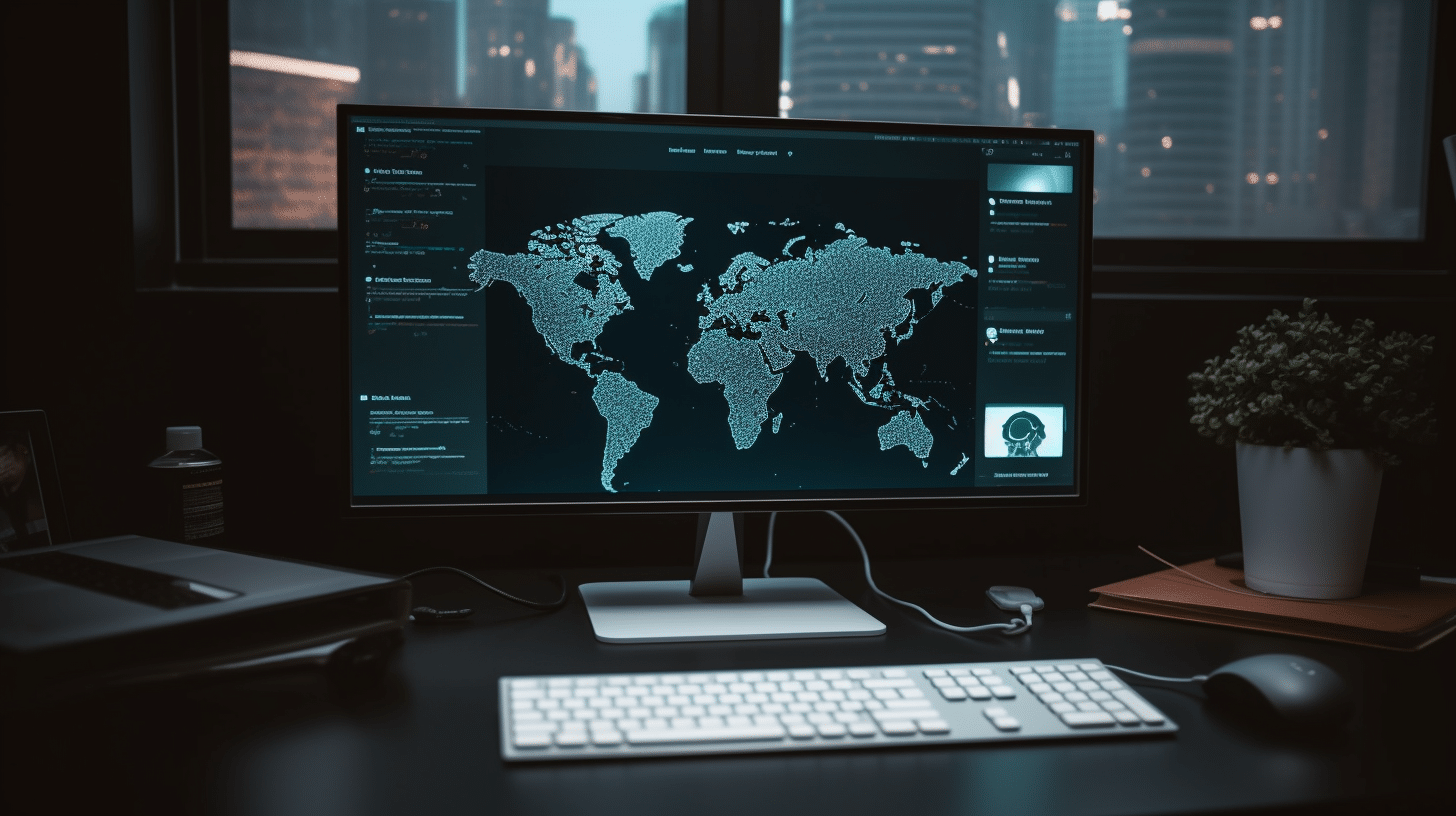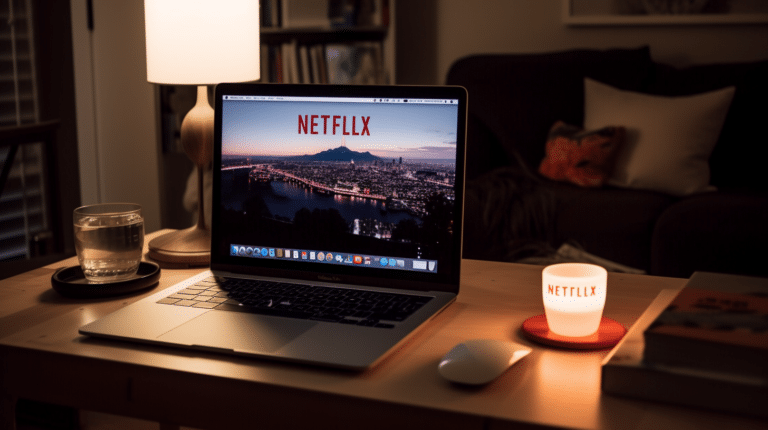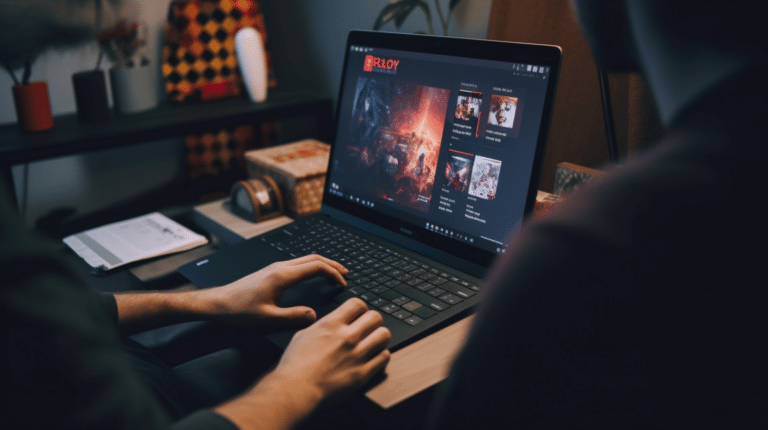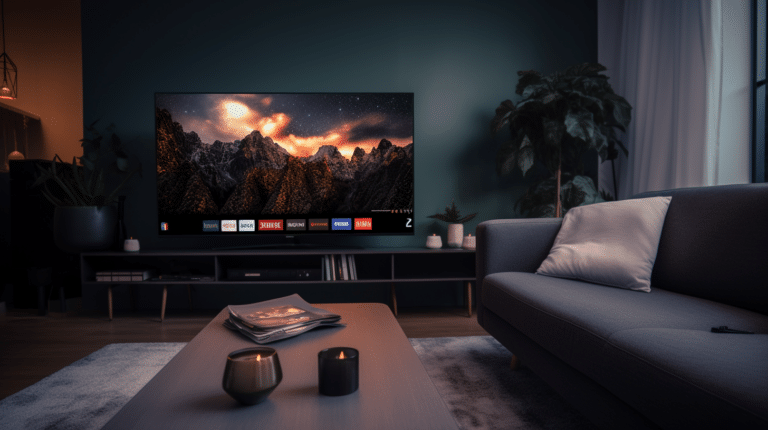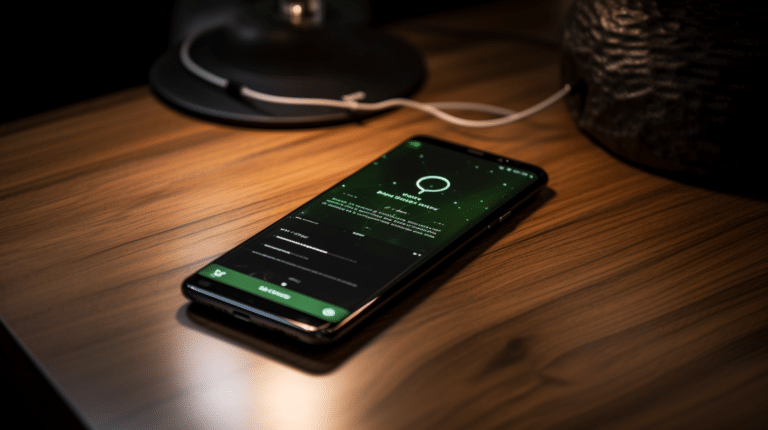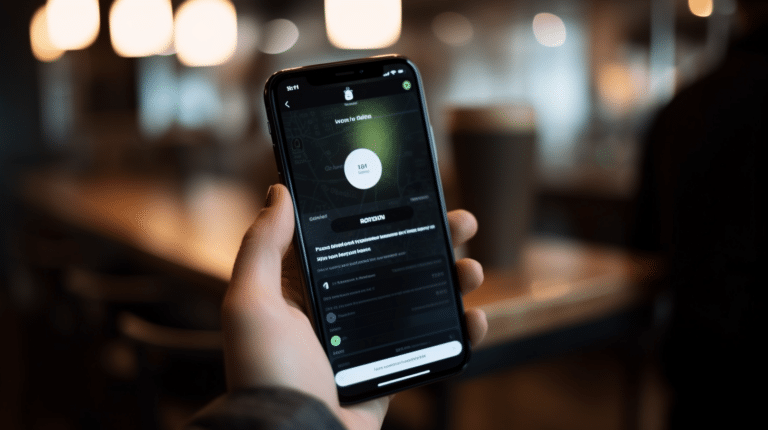In today’s digital age, the issue of online privacy and security is a growing concern for many individuals. The widespread use of public Wi-Fi and the potential risks associated with it have led people to consider using a Virtual Private Network (VPN) as an additional layer of security when accessing the internet. A VPN helps protect a user’s data from hackers and identity thieves by creating an encrypted connection between the user’s device and the VPN server, essentially hiding the user’s online activities.
VPNs have become increasingly popular as more people are looking for ways to secure their online activities and protect their privacy. They have been found to be effective in helping users avoid online threats such as hacking, identity theft, and unwanted data collection. However, choosing the right VPN service can be a difficult task, as there are numerous options available, each with their own set of features, advantages, and limitations.
Key Takeaways
- VPNs provide an added layer of security and privacy, particularly when using public Wi-Fi networks
- The effectiveness of a VPN depends on the chosen service, as each has unique features and limitations
- Alongside utilizing a VPN, users should consider additional security measures to maximize their online privacy
Is a VPN Necessary for Privacy?
Security and Encryption
A VPN, or Virtual Private Network, provides an additional layer of security by encrypting data travelling between your device and the internet. It creates a secure tunnel through which your data can pass, protecting it from hackers and prying eyes. For example, VPN -Zero is a decentralized privacy-preserving VPN that offers robust encryption to protect your information.
Using a VPN is particularly vital when connecting to public Wi-Fi networks, which are often unsecured and can expose your data to potential threats. The encryption provided by a VPN ensures that your sensitive information, such as passwords and personal data, remains private and secure.
Anonymity and Online Activities
In addition to security, a VPN can also improve your privacy by masking your IP address. By hiding your true IP address, you can maintain anonymity online and make it more difficult for websites and third parties to track your online activities or location. This level of privacy is particularly crucial when accessing geo-restricted content or when using services that may be sensitive to surveillance or censorship.
However, it is important to consider that VPNs are not a perfect solution for complete privacy. In some cases, the VPN service itself may log your activities or be subject to requests from authorities for information about their users. Thus, it is essential to choose a trustworthy VPN provider with a clear no-logging policy, as demonstrated in the case of VPN0, a decentralized VPN that minimizes logging.
In conclusion, although a VPN may not guarantee total privacy in every situation, it is a necessary tool for increasing security and anonymity online. By encrypting your data and masking your IP address, a VPN can make it significantly more challenging for cybercriminals and snoopers to access your sensitive information and monitor your online activities.
VPN Services Comparison
Free VPN vs Paid VPN
When comparing VPN services, it’s essential to consider the differences between free and paid options. A free VPN might seem like an attractive choice, but it often comes with limitations, such as data caps, slower speeds, and limited server locations. Additionally, free VPNs may lack proper privacy protection, as they might sell user data to third parties or display ads to generate revenue.
On the other hand, paid VPNs typically offer a more comprehensive set of features and stronger privacy protections. Most paid VPN providers prioritize encryption, security, and a strict no-logs policy, ensuring that users’ online activity remains private. They also often provide faster connection speeds, a larger number of server locations, and responsive customer support. Some paid VPNs even offer a money-back guarantee or a limited-time free trial, allowing users to test their services before committing.
Popular VPN Providers
There are many VPN services available, and here we will highlight some popular ones:
- ExpressVPN: Known for its fast connection speeds, extensive server locations, and strong encryption, ExpressVPN is a popular choice among users. This service is compatible with a wide range of devices and supports multiple simultaneous connections. However, it comes at a higher price compared to some competitors.
- NordVPN: Another well-established VPN provider, NordVPN offers strong security features, including double VPN and CyberSec (ad and malware blocker), making it an attractive option for users looking for enhanced online security. It also has a large network of servers, but some users have reported connection inconsistencies.
- Hotspot Shield: Hotspot Shield provides both free and paid VPN plans, with the free version being ad-supported and limited in features. The premium version offers faster speeds, more server locations, and better security.
- CyberGhost: CyberGhost is known for its user-friendly interface, making it easy for beginners to navigate. It provides robust security features, a large network of servers, and competitive pricing. However, some users may find its connection speeds somewhat inconsistent.
- Mullvad: Prioritizing privacy and anonymity, Mullvad uses a unique account number system instead of traditional email/password combinations, making it more difficult to link a user to their VPN service. It offers a flat-rate pricing model, but its server locations are more limited compared to other providers.
- IVPN: IVPN is another provider that focuses heavily on privacy and security features. They offer a multi-hop feature for increased anonymity, and they maintain a strict no-logs policy. However, their pricing may be considered expensive for some users.
In summary, it’s essential to carefully evaluate your needs and what each VPN provider offers to find a service that matches your requirements. While free VPNs might seem appealing, opting for a reputable paid VPN is often the best choice for reliable security, privacy, and performance.
Protecting Against Common Threats
Using a VPN (Virtual Private Network) offers a variety of benefits that can help protect against common security threats. In this section, we will discuss the following topics as they relate to VPN usage:
Bypass ISP Tracking
ISPs (Internet Service Providers) often track users’ online activities, which can include browsing history, location, and other personal information. With a VPN, your connection is encrypted, making it difficult for ISPs to monitor your activities. This ensures a higher level of privacy and helps prevent targeted ads or potential data breaches.
Public Wi-Fi Safety
Public Wi-Fi networks, such as those found in airports, cafes, or hotels, are a hotbed for potential security threats. Hackers and bad actors can exploit these open networks to access users’ personal information or spread malware. By using a VPN, the connection from your device to the network is secured, encrypting your data and ensuring that hackers cannot gain unauthorized access to your sensitive information.
Hacking and Data Breaches
Data breaches have become increasingly common in recent years, with numerous high-profile companies falling victim to hacking attacks. These breaches can lead to the exposure of sensitive user information, such as passwords and financial data. Security experts recommend using a VPN as an additional layer of protection, as it helps shield your connection from potential threats.
However, it is crucial to choose a trustworthy VPN service, as free VPN services may not provide the same level of security and could potentially expose your data to additional risks. To maximize the benefits of a VPN, opt for a reputable provider that prioritizes user security and privacy.
In summary, a VPN can provide protection against a range of common security threats by encrypting your connection and ensuring privacy from ISPs, hackers, and other potential bad actors. By using a VPN, especially when accessing public Wi-Fi networks, you can reduce the risks associated with data breaches and hacking attacks.
VPN Limitations and Advantages
Impact on Internet Speeds
One advantage of using a VPN is the increase in privacy and security it provides by encrypting your data and disguising your identity from snoops and trackers. However, this encryption process can impact internet speeds, causing increased latency. VPN speeds depend on various factors, such as server location, encryption strength, and the VPN provider’s infrastructure. For casual browsing, this slowdown might not be noticeable. However, for high-bandwidth activities like streaming video or gaming, it could lead to a less-than-optimal experience.
Compatibility with Services and Platforms
VPNs come with a range of compatibility benefits, allowing access to restricted content and bypassing government censorship. They can unblock streaming services, access blocked websites, and maintain discretion for journalists working in heavily surveilled areas. VPNs also provide protection on public Wi-Fi networks by masking your browsing history and minimizing the risk of data exposure.
However, there are limitations to VPN compatibility with certain services and platforms. A common challenge is that some streaming services actively block VPN use to enforce their regional content restrictions. Additionally, VPNs might not work well with certain legacy systems or applications that require direct IP access.
Pros:
- Access to blocked and restricted content
- Bypass government censorship
- Protection on public Wi-Fi networks
Cons:
- Possible speed reduction for high-bandwidth activities
- Incompatibility with selected services and platforms
Using a VPN has its advantages and disadvantages, but with careful consideration and appropriate adjustments, it can provide a valuable layer of protection and privacy for its users.
Frequently Asked Questions
Do VPNs improve online privacy?
VPNs can significantly improve your online privacy by encrypting your data and masking your IP address. This prevents third parties, such as internet service providers, advertisers, or hackers, from monitoring your online activities. However, it’s essential to choose a trustworthy VPN service provider that respects your privacy and doesn’t log your data. A study highlighted the importance of using a VPN in combination with other security best practices to ensure better online privacy.
Are paid VPNs more secure than free ones?
Generally, paid VPNs tend to be more secure than free ones. They often provide better encryption, more server locations, faster speeds, and better customer support. Additionally, paid VPNs are less likely to log your data or sell it to third parties for advertising purposes. In a qualitative study, users acknowledged the benefits of using a paid VPN service for a more secure online experience.
Can VPNs increase internet speed?
VPNs can potentially increase internet speed in certain situations, such as bypassing throttling by your internet service provider or accessing faster servers in other regions. However, in most cases, using a VPN may slightly decrease your internet speed due to the additional encryption process and routing through a remote server. The impact on speed largely depends on the quality of the VPN service and the server’s location.
Are there compatibility issues with VPN services?
Some VPN services may have compatibility issues with specific devices, operating systems, or applications. It’s essential to choose a VPN service that supports your device and OS, as well as any critical apps you rely on daily. Most reputable VPN providers offer compatibility with popular devices and operating systems, including Windows, macOS, Linux, iOS, and Android.
Do VPNs protect against hackers?
VPNs can provide an additional layer of security against hackers by encrypting your data and hiding your IP address. This makes it harder for cybercriminals to intercept your online activities or launch targeted attacks. However, a VPN doesn’t protect you from all types of cyber threats, such as malware, phishing, or social engineering attacks. It’s essential to practice good cybersecurity habits in addition to using a VPN, as mentioned in this source.
How do VPNs affect streaming services?
VPNs can be helpful when accessing streaming services, especially if you want to bypass geo-restrictions or avoid bandwidth throttling. However, some streaming platforms may detect and block VPN usage, making it difficult for you to access content from certain regions. This qualitative study highlights the experiences of young adults using VPNs to access streaming content and the challenges they face. In such cases, you may need to find a VPN service that continually works on optimizing its servers to circumvent these restrictions.
